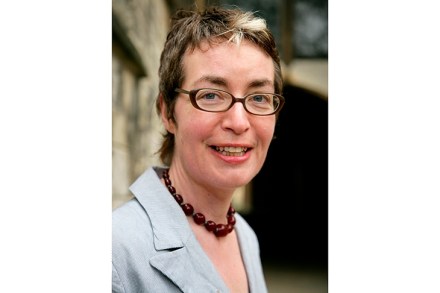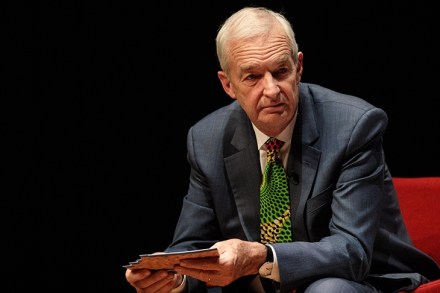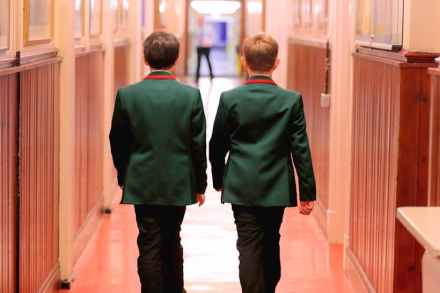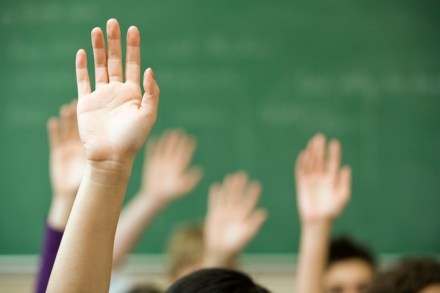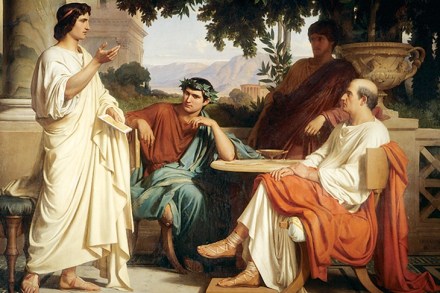A class act | 2 May 2019
Kate Clanchy is an extraordinary person. She is a veteran of 30 years’ teaching in difficult state schools, as well as an acclaimed poet (awarded an MBE in 2018 for services to literature) who has nurtured a generation of successful young migrant writers. In 2006 she was one of the judges for the Foyle young poets of the year award. Seven years later, seeing how the winners were scything through Oxbridge and networking ‘like an artsy version of the Bullingdon Club’, she wanted the same opportunities for her own pupils, ‘not just the poetry, but the sense of entitlement’. She was teaching at a comprehensive in east Oxford, a generally
